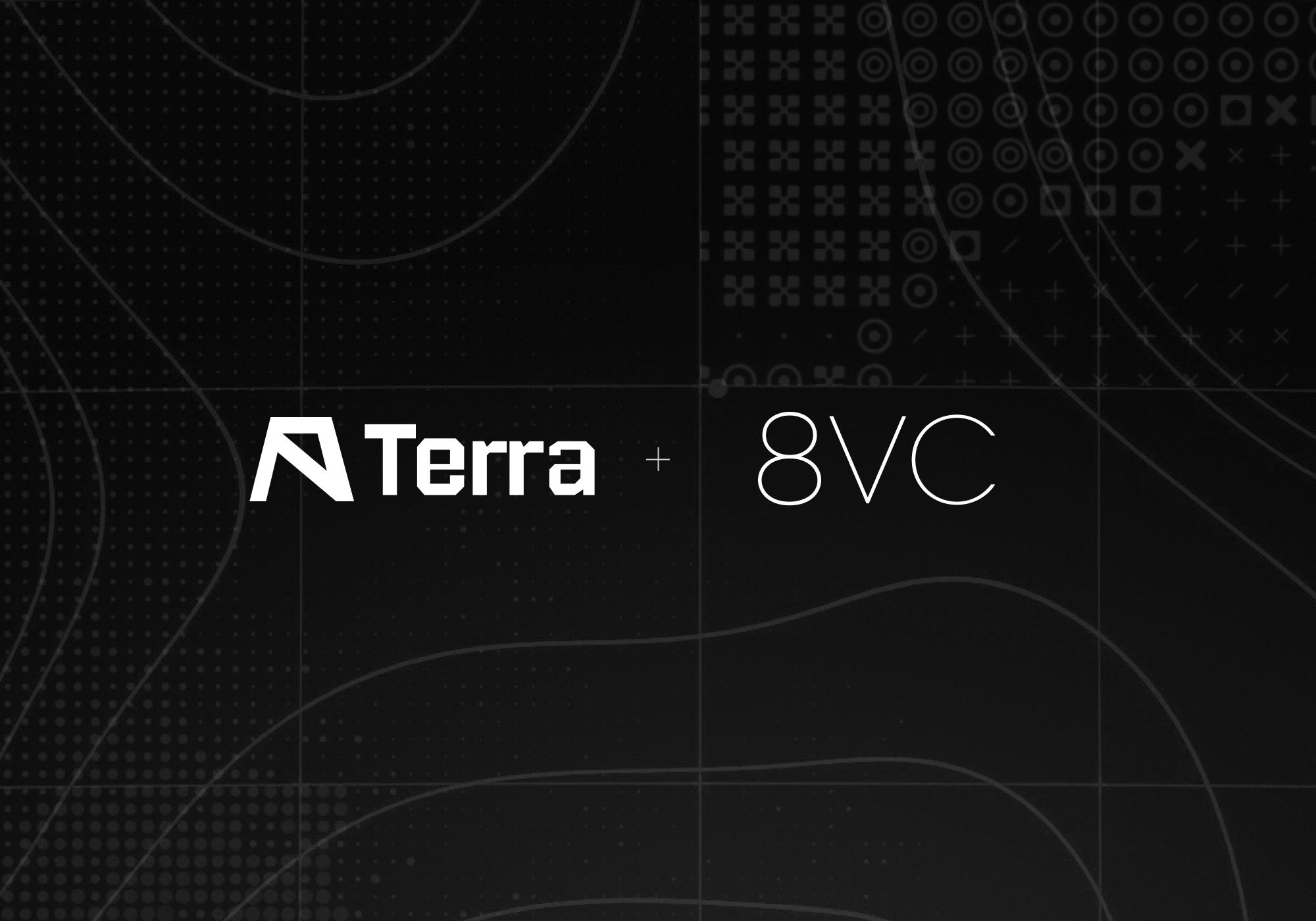SAFE vs. Convertible Promissory Note
Share

This article first appeared in Medium.com
The “Simple Agreement for Future Equity” (SAFE) has recently become popular for early stage companies. In the earliest stage of a company — when founders are scrounging capital from their savings, family, and friends — keeping cash outlay to a bare minimum is a necessity to survive. We are in agreement with Y-Combinator on this point. As investors and entrepreneurs, we at 8VC believe that it is paramount for all parties involved in equity negotiations to align. Financial instruments need to be fair and “safe” for both the company and investors. Y-Combinator designed the SAFE with the laudable intention of making start-up deals cheap and quick to implement. However we think that the SAFE agreement sacrifices flexibility and future bargaining possibilities on the altar of expedience.
Instead, we recommend convertible promissory notes as an alternative to the Simple Agreement for Future Equity. In our experience over the past 12 months, SAFE agreements have proved to be neither simple nor cost-effective. For example, we recently signed a SAFE and negotiated a valuation cap/discount with a seed-stage company only to have a new investor offer a larger cap on a promissory note and demand that the SAFEs either convert or be subordinate to this higher cap note. In short, we were strong armed. This kind of abuse is definitely not in the spirit of the agreement between the company and investors.
Consequently, we prefer to invest in convertible promissory notes over SAFEs. We have found that the nominal “benefits” of the SAFE structure are inaccurate for the following reasons:
- Simplicity ‐ In actuality, these documents are not as simple as advertised. The SAFE is still 5–6 pages long, contains sections of relatively dense legalese, and requires users to put the pieces together just like any other legal document.
- Dividends ‐ With respect to dividends, there is a loophole that would allow payment of dividends to common holders and not SAFE holders.
- Interest ‐ There is no interest accumulation on the SAFE. This may not matter much for a relatively short‐term investment, but may create an imbalance for investments with a time horizon of a year or more (and there is no maturity date so this feature would apply indefinitely, in theory). Interest accrual is beneficial for investors not just for strict economic reasons, but also because it creates an incentive for the company to want to close an equity round sooner rather than later.
- Conversion trigger ‐ With the SAFE, there is typically no minimum fundraising amount for the next equity round that triggers the conversion. A minimum amount is beneficial because it ensures that the next financing round is ‘bona fide’ and a true test of value. Without one, a $10,000 equity round from an investor at a $10.0 million valuation would trigger a conversion of the SAFE into equity. The SAFE is thus easily manipulated ‐‐ a much smaller investor could later come in and negotiate something absurd you wouldn’t agree with.
- Discount / Cap ‐ There are four different versions of the SAFE form, two of which do not provide for a discount and two of which do not provide for a valuation cap. For SAFEs that have both valuation cap and a discount (which is a hard and fast rule for 8VC because it properly aligns the interests of investor and entrepreneur), the same valuation discussion that SAFEs are designed to avoid will come up subverting their aim of efficiency.
In conclusion, we still believe the convertible promissory note best aligns the interests of both investors and the company. The SAFE document is a great stab at simplifying seed-stage deals, and we commend Y-Combinator for the effort. Nonetheless, convertible promissory notes remain the fairest arrangement between entrepreneurs and investors for young companies. Convertible promissory notes have the following virtues:
- They are a widely known instrument; quick and cheap to prepare by company counsel
- A simple way for young companies to take in capital without the complexity of a full equity round of financing
- Inclusion of interest rates incentivizes companies to raise rounds on a timely basis
- They provide simple conversion mechanics with a valuation cap and discount
- Convertible promissory notes sit at the top of cap table, but are unsecured, meaning that investors cannot foreclose on a company’s assets
Investors: before choosing a legal structure to take in your first investment, please consider the points above and raise a capped/discounted convertible promissory note — SAFEs do not work as advertised.
Entrepreneurs: Venture investors are long-term equity holders. For us, interest earned on the convertible notes provides a sliver of ownership, but is less important to our end goal: we want to help you grow your business. Promissory notes are an excellent “bridge” that can help us deliver your company capital and allow you to grow your business and ideally raise an equity round at a higher valuation. As investors at this stage taking a large amount of risk, we should not be penalized in the process with a SAFE note that includes inadequate protections. Alignment of interests is paramount, and trust between companies and investors is necessary to be successful. Right now, conventional methods remain the “safest” and the best.





.png)

.png)


